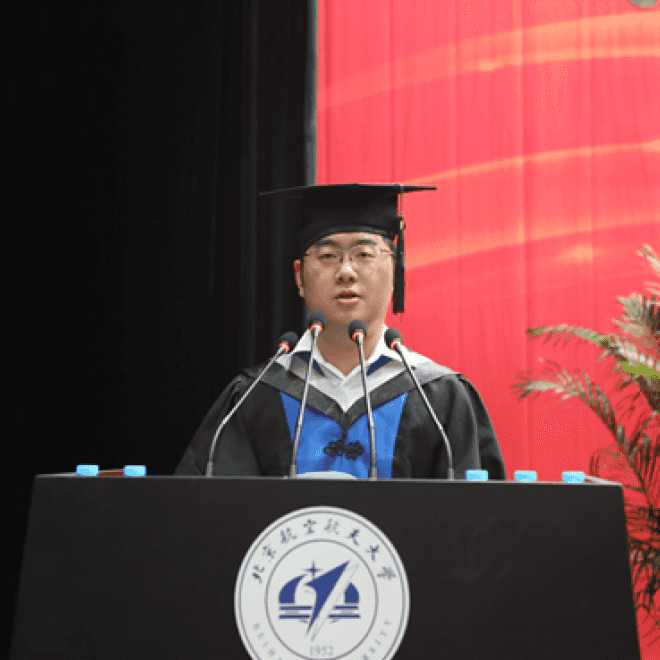Quantum algorithms for linear and nonlinear differential equations

Speaker
Jin-Peng Liu(QuICS)
Event Type
Dissertation Defense
Date & Time
April 6, 2022, 12:00pm
Where to Attend
Virtual Via Zoom
Quantum computers are expected to dramatically outperform classical computers for certain computational problems. Originally developed for simulating quantum physics, quantum algorithms have been subsequently developed to address diverse computational challenges.
There has been extensive previous work for linear dynamics and discrete models, including Hamiltonian simulations and systems of linear equations. However, for more complex realistic problems characterized by differential equations, the capability of quantum computing is far from well understood. One fundamental challenge is the substantial difference between the linear dynamics of a system of qubits and real-world systems with continuum and nonlinear behaviors.
My research is concerned with mathematical aspects of quantum computing. In this dissertation, I focus mainly on the design and analysis of quantum algorithms for differential equations. Systems of linear ordinary differential equations (ODEs) and linear elliptic partial differential equations (PDEs) appear ubiquitous in natural and social science, engineering, and medicine. I proposed a variety of quantum algorithms based on finite difference methods and spectral methods for producing the quantum encoding of the solutions, with an exponential improvement in the precision over previous quantum algorithms.
Nonlinear differential equations exhibit rich phenomena in many domains but are notoriously difficult to solve. Whereas previous quantum algorithms for general nonlinear equations have been severely limited due to the linearity of quantum mechanics, I gave the first efficient quantum algorithm for nonlinear differential equations with sufficiently strong dissipation. I also established a lower bound, showing that nonlinear differential equations with sufficiently weak dissipation have worst-case complexity exponential in time, giving an almost tight classification of the quantum complexity of simulating nonlinear dynamics.
Overall, utilizing advanced linear algebra techniques and nonlinear analysis, I attempt to build a bridge between classical and quantum mechanics, understand and optimize the power of quantum computation, and discover new quantum speedups over classical algorithms with provable guarantees.
Join Zoom Meeting
https://umd.zoom.us/j/4484328258?pwd=RitURDMvVGxXanFuSVZVWjRjOUNvUT09
Meeting ID: 448 432 8258
Passcode: 512875
One tap mobile
+16699006833,,4484328258#,,,,*512875# US (San Jose)
+12532158782,,4484328258#,,,,*512875# US (Tacoma)
Dial by your location
+1 669 900 6833 US (San Jose)
+1 253 215 8782 US (Tacoma)
+1 346 248 7799 US (Houston)
+1 301 715 8592 US (Washington DC)
+1 312 626 6799 US (Chicago)
+1 929 436 2866 US (New York)
Meeting ID: 448 432 8258
Passcode: 512875
Find your local number: https://umd.zoom.us/u/adgz0mMGFf
Join by SIP
4484328258@zoomcrc.com
Join by H.323
162.255.37.11 (US West)
162.255.36.11 (US East)
115.114.131.7 (India Mumbai)
115.114.115.7 (India Hyderabad)
213.19.144.110 (Amsterdam Netherlands)
213.244.140.110 (Germany)
103.122.166.55 (Australia Sydney)
103.122.167.55 (Australia Melbourne)
149.137.40.110 (Singapore)
64.211.144.160 (Brazil)
149.137.68.253 (Mexico)
69.174.57.160 (Canada Toronto)
65.39.152.160 (Canada Vancouver)
207.226.132.110 (Japan Tokyo)
149.137.24.110 (Japan Osaka)
Meeting ID: 448 432 8258
Passcode: 512875